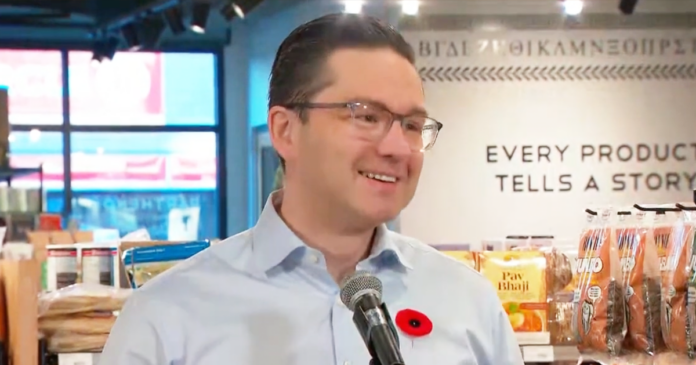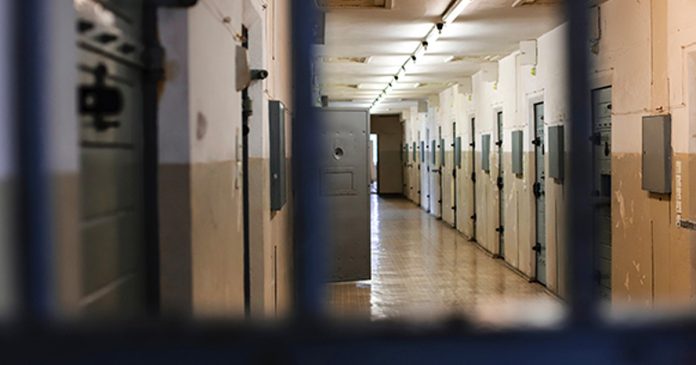Prepare for Hell.
From taxes to passports, pickets lines supporting upwards of 150,000 striking federal civil servants represented by the Public Service Alliance of Canada (PSAC) could soon be throwing a major wrench into many a plan.
Some of the picketers will be those who helped process tens of thousands of thousands of CERB applications during the Covid-19 pandemic.
“They’re also cleaners and cooks on military bases, clerks and maintenance workers, tradespeople, Coast Guard search and rescue teams, teachers, firefighters and the people Canadians rely on to help process employment insurance, passport applications and immigration documents,” according to PSAC in an email to Daily Hive.
“Canadians can expect to see nationwide disruptions to critical government services.”
Workers at the Canada Revenue Agency will be in a strike position as of Friday. Treasury board workers are in a strike position already, but no strike has been announced and it’s just a “strike mandate.”
Hence, a foreboding.
Passport applications, which have seen a backlog over the past couple of years, could also be put in chaos once again, along with immigration applications.
PSAC also expects a strike to cause interruptions to trade and supply across the country, saying “ports, harbours, trains, airports will all be impacted.”
So, pick the route to your own bureaucratic Hell, although trying to cross into the United States could be nixed if administration staff decide to also hit the bricks.
As of Wednesday, almost half of the entire federal public service is geared up for strike action as a group of workers, which is called the Treasury Board group by the PSAC, is now in a legal strike position.
A spokesperson for Treasury Board President Mona Fortier said in a statement that their goal is to reach a deal at the bargaining table as soon as possible, and they believe “significant headway” had been made in the last week.
PSAC president Chris Aylward did not say when a strike could happen. Legally, the union now starts a 60-day window to call a strike, so it could happen as soon as now.
The union also didn’t share how many of its 123,856 members voted in favour. But he said an “overwhelming majority” voted for a strike mandate.
A different bargaining group of about 35,000 PSAC workers at the Canada Revenue Agency voted in favour of strike action Friday ahead of mediation talks set to take place later this month.
That means 155,000 federal public servants represented by PSAC—more than half the total number of federal civil servants—now have a strike mandate. If they go through with it, it would be the largest strike in Canadian history.
There have only been two Canada-wide federal public service strikes in the last 30-plus years, in 1991 and in 2004.
The 1991 strike delayed grain shipments, flights and cross-border travel, while the 2004 strike involved hundreds of picket lines set up at federal offices, tax centres, ports, airports and border crossings.
In the late summer of 2004, strikes by Parks Canada workers temporarily shut many national parks as well as the Rideau Canal.
Back in January, hostile rhetoric between the unions and their principals was peaking.
When the Government of Canada filed a failure to bargain in good faith complaint against PSAC, a strike in the taxman’s offices look more and more inevitable.
The union’s persistent demand to continue with the pandemic need for remote work was dissolving into a reason to go on strike.
And the bad faith complaint, of course, fell on Friday the 13th—a bad-luck day of all days.



























